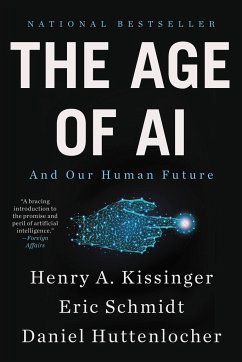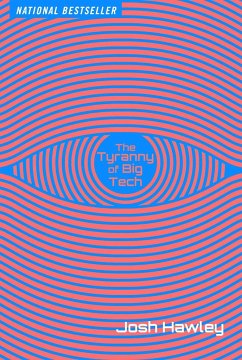
The Crisis of Democracy
in the advanced industrial economies

PAYBACK Punkte
9 °P sammeln!
Problems confronting the financial-industrial system, or the ills of the casino economy, have never been more urgent than they are today. This is because debt has reached unprecedented levels in threatening the future of us all, and leading commentators have concluded that it is not a question of if but when the next banking crash occurs. Financial issues are compounded by the fact that the left/right conflict through which democracy has long resolved political issues is now failing as a medium in advancing progress. This has more easily allowed raw financial power to neuter democracy and take...
Problems confronting the financial-industrial system, or the ills of the casino economy, have never been more urgent than they are today. This is because debt has reached unprecedented levels in threatening the future of us all, and leading commentators have concluded that it is not a question of if but when the next banking crash occurs. Financial issues are compounded by the fact that the left/right conflict through which democracy has long resolved political issues is now failing as a medium in advancing progress. This has more easily allowed raw financial power to neuter democracy and take over party systems across the political spectrum. Meanwhile, a new middle majority is emerging in displacing the middle and working classes that once predominated in society, and this has led to the collapse of old-established party memberships and voting figures. A positive outcome of these social changes is a more open society that is not prepared to tolerate the secret world of the great corporations, or to accept the word of their politicians in allaying fears for the future. This book presents a critique of both Neoliberalism or so-called "privatisation" or unconstrained free market forces, and left-leaning ideas on the management of business. In repudiating the principles of both left and right, the author, who is broadly experienced in the spheres of both industry and politics, calls for a new approach in building an economy that is fair and successful in creating a dynamic business culture. This is to be achieved through prioritising commercially viable productivity over the pull of rentier or usurious tendencies that limit output. These principles, based on the empirical evidence of our toughest industrial competitors in the Post-War period, are designed to unify the socio-economic interests of the emerging 90% majority. The phony economy has had its day for too long. Now is the time to promote the real economy.













